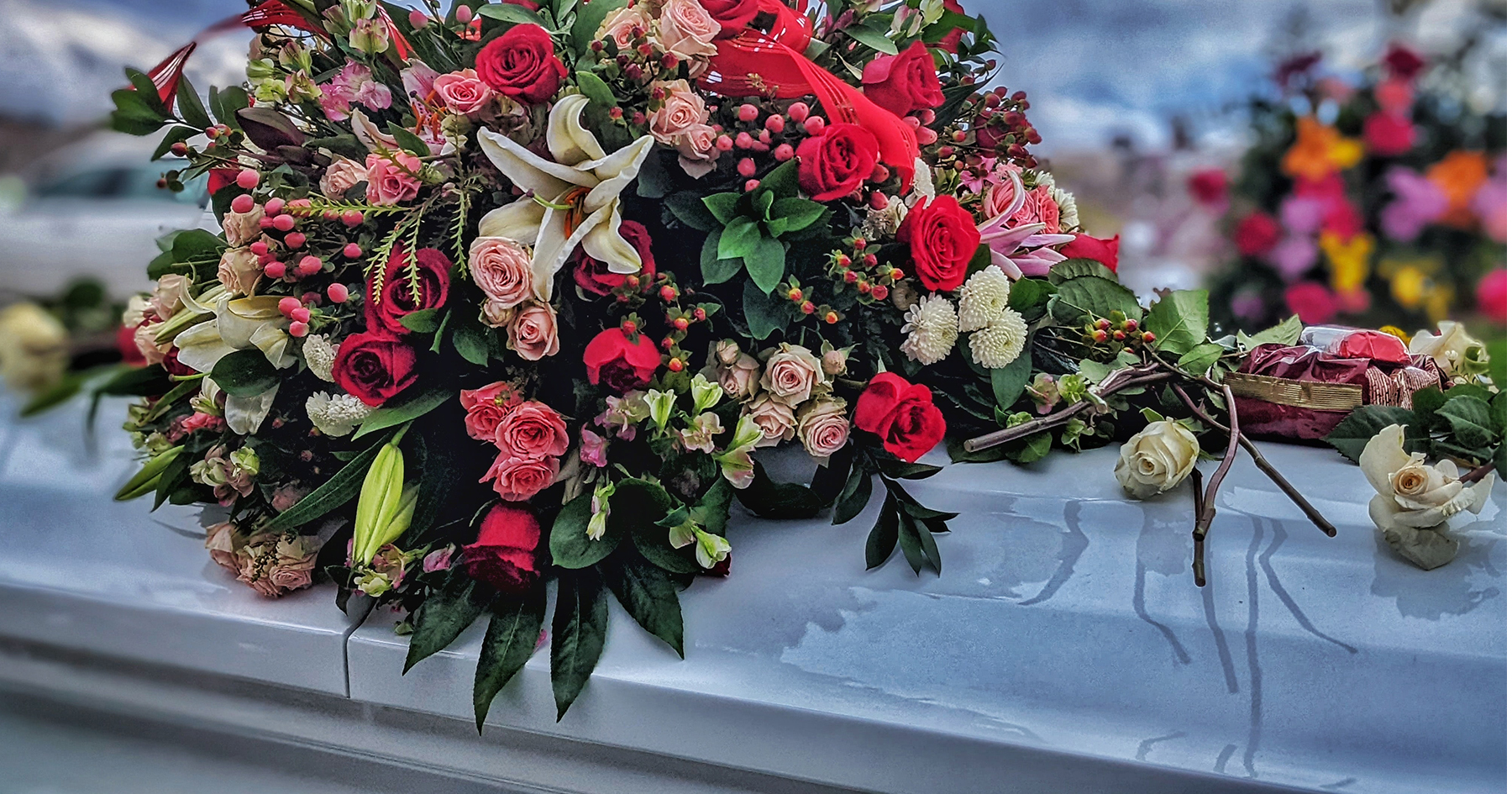This question has been haunting me recently. It’s a question that has become ever-more pressing since the onset of the COVID-19 pandemic, but it was there before as well.
I first heard a friend ask this question, working through grief at the loss of a dear colleague in ministry who had died at the age of 34. Six days after Easter.
When my friend asked the question, we were in a classroom amongst leaders from non-profit and business. Our fellow classmates were healthcare practitioners and activists and politicians and bankers and grantmakers too. Each of us had brought a specific challenge that was stymying us in our work. A wicked problem. The kinds of impossible questions with complex solutions, questions not easily solvable with a quick self-care seminar or pep talk from the bishop.
In that room, you could hear a pin drop. These leaders, many with zero religious affiliation, hung on every word with rapt attention as they listened to the heart-rending question. In the hours afterwards we began to discuss the systemic challenges this question brought up.
I come back to this question often. It keeps returning to me because it points us towards a stark truth. Is the church killing clergy? Probably. Yes.
Year after year, in conversation with folks throughout our church, I hear from clergy of the increasing pressures they face, coming from all sides. The world has changed. The makeup of the church has changed. And yet, we continue to rely on ways of organising ourselves that—without the resources we once had—are leading to increased anxiety, burnout, and distress.
We are the church, of course. And it’s not all about clergy. As lay people, we are feeling these pressures as well, wondering what the church will look like in 3, 5, 10 years; wondering if it’ll still be around, and in what form. The way I see it, though, this is a “canary in the coal mine” kind of question. It’s a significant indicator that there is something wrong with the system. It ought to cause us to take a good honest look at who we are and how we’ve been organising ourselves.
Put rather starkly, the system is working as it was designed to. This design, under these circumstances, is leaving devastation in its wake.
Thinking about the last hundred years of church history, the work of the church was shared amongst more people than today. Most of that work was done by women. As the economy shifted, and more women went to work, the brunt of the work was left to retirees. As our numbers shrink, and as people get older, the burden is shared by ever smaller groups of people. In such a situation as this, can we expect the church to do the same as it has in the past? Of course not. Even so, in such a world as this, we feel a buildup of pressure to do more with less.
Pressure comes from everywhere in an anxious system—individuals, congregations, as well as those in authority. There are expectations both spoken and unspoken, and a lot of them, these days, land on clergy.
Which brings us back to the original question. Is the church killing clergy? And if so, how might we—the people of the Anglican Diocese of Kootenay—work together to transform unjust structures in our own church such that we might proclaim and embody a gospel that bears witness to the One who invites us into the newness of life.




